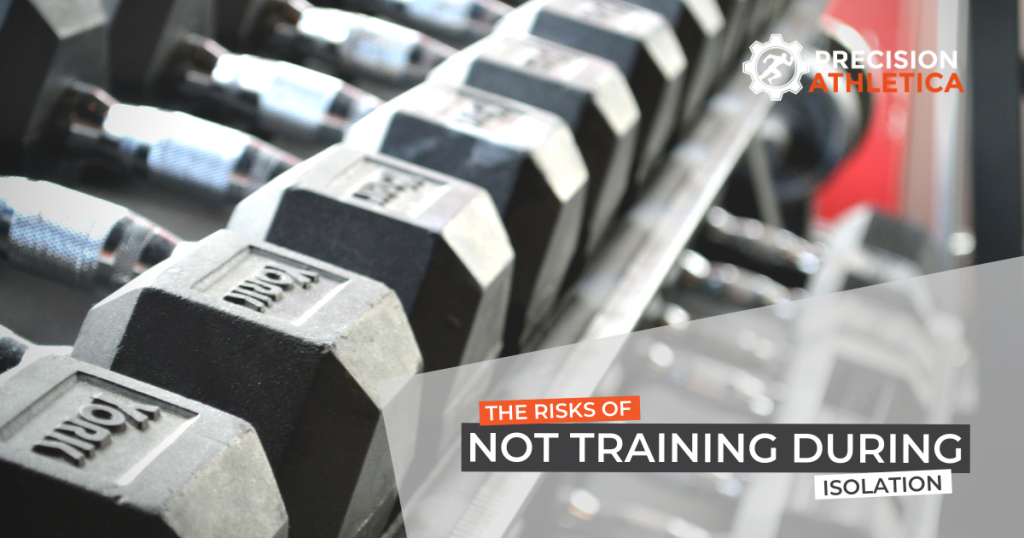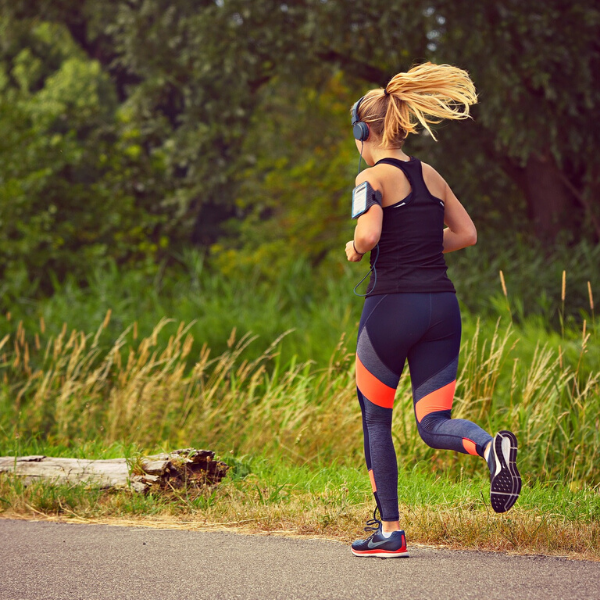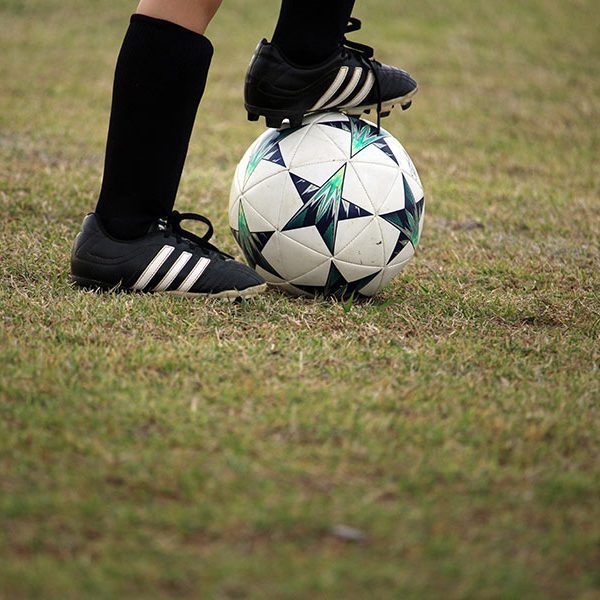The COVID-19 pandemic has had a profound effect on sport and fitness around the world. Restrictions placed on when, where and how we can train has led to many concerns regarding current and future training performance and achievable short-term and long-term adaptations.
So, here is a quick look at the risks of not training during isolation.





